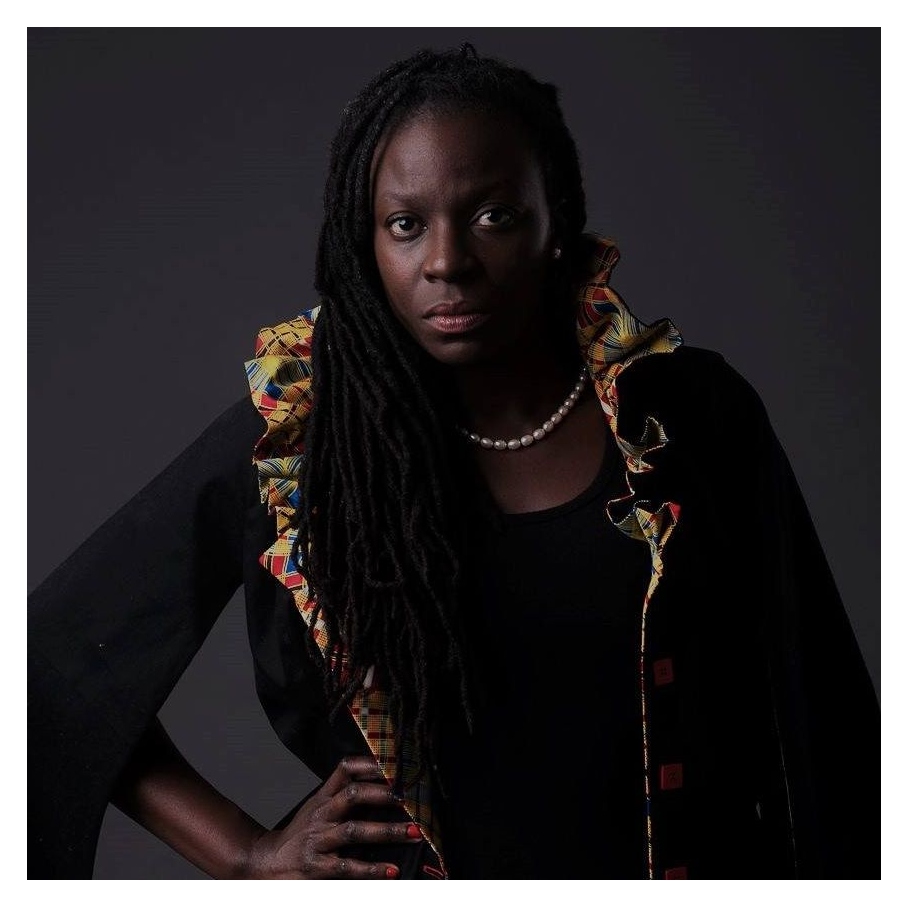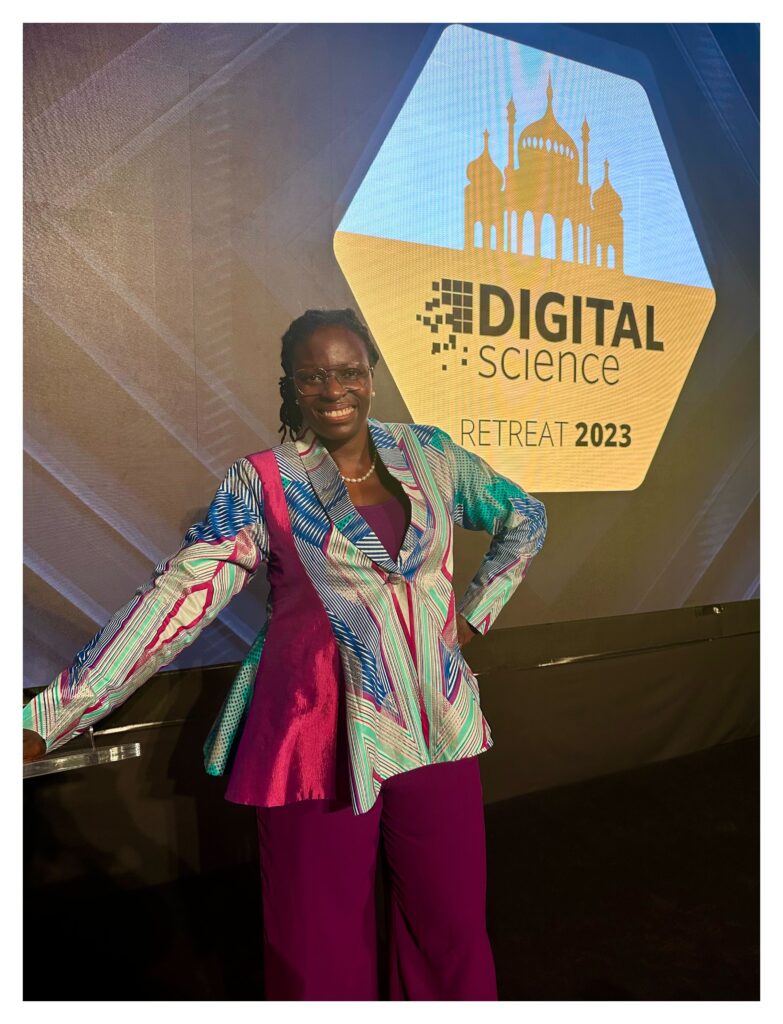Africa should be seen as an active player in global research, not a passive recipient
Can Africa tap into its potential and turn this century into the “African Century”? This question is increasingly discussed when framing economic, developmental and foreign policies. Recent articles and publications from international bodies such as the International Monetary Fund, the OECD (the Organisation for Economic Co-operation and Development), and the World Economic Forum have looked at numbers, facts, and figures in an attempt to provide an answer. What has clearly emerged is that Africa, which is home to more than 1.2 billion people (almost a fifth of the world’s population), has the youngest population of any continent in the world. This fact alone is bound to have a profound global socio-economic effect. Against this backdrop, there has been an increasing interest shown by companies, institutions, and organizations from the Global North to establish ties with Africa and make their presence felt and seen in the continent.
The right motivations for collaboration
Speaking to the Dimensions team for this blog article, Joy Owango, the Executive Director of the Training Centre in Communication (TCC Africa), a key partner organization for Digital Science, said, “When technologies, products, and solutions stemming from companies in the Global North are introduced to Africa, we need to be mindful of their impact.” She asserted that it’s not merely about injecting resources but ensuring that African contributions and solutions are adequately represented in these collaborations. “Are these initiatives genuinely geared towards sustainability, or are they merely a pin on the map for the companies involved? We must question the long-term commitment of any organization looking to invest in the continent,” Owango said. “While [companies] may provide initial investments, we need to ask: Are they actively building ecosystems that will ensure sustainability once they move on?”

“Africa is not poor but mismanaged,” said Owango. She explained that when outsiders label the continent as “poor,” it overlooks the fact that there are low-income and middle-income countries within the continent of 54 nations. And each has diverse sets of priorities and needs. Middle-income countries, in particular, play a vital role in contributing to investments. Therefore, according to Owango, organizations like Digital Science have an opportunity to truly invest in and partner with the continent. “Collaborations should extend beyond offering solutions and involve genuine engagement with the continent’s activities,” she said.
Investing in infrastructure and building capacity
Infrastructure development is the foremost priority in advancing open science in Africa, according to Owango. This means “investing in open science infrastructure and building the capacity to support it.” And while Owango is a staunch advocate for open-source technology, she underscored the importance of establishing a robust ecosystem to underpin this technology. “The National Research Education networks have made good strides in the right direction,” she said. “But we need a pool of skilled individuals capable of effectively implementing and managing these technologies,” she added. In this regard, Owango said the partnership with Dimensions has been important. She stated that the partnership has been able to bring together librarians, directors, deputy vice chancellors, and vice chancellors (university presidents) to engage in discussions. “What truly impresses me about our partnership and the projects Digital Science is involved in is the access it provides to researchers, and it’s not just limited to the Research4Life program,” she said. “Now, we collaborate with government library consortia to ensure universities know this valuable research discovery resource. Additionally, we are working on indexing African-funded information, which is vital for showcasing African research and funding,” she added.
Owango said that recent developments in open science in Africa, such as an open science platform hosted at the University of Cape Town, which aids small publishers across the publishing lifecycle, have become an important component of scholarly communication, as have preprint repositories like AfricaArXiv. A project she has been closely involved in, that of the African PID Alliance, is making affordable persistent identifiers accessible. “When considering open infrastructure for publishing, it is imperative to examine both the frontend, involving the actual publishing process, and the backend, which supports the entire publishing lifecycle,” she said. In the case of persistent identifiers, for example, she explained that a multifaceted perspective is crucial because there is no one-size-fits-all solution. “This is especially pertinent when dealing with patent data, indigenous knowledge, and cultural heritage. Persistent identifiers should function as tools to establish connections, not merely as strings of code for identification,” she added.
For Owango, it is clear that to truly harness the African potential, it is crucial that research and industry partners actively engage in open discussions and collaborate on a continuous basis, recognizing that Africa is an active player in global research rather than a passive recipient. She stressed that meaningful engagement requires a genuine commitment to adding value and listening to the diverse voices within the African community. And for industry partners, that means supporting collaborative initiatives, adding value, acknowledging the continent’s diverse needs, and providing sustainable solutions.
Ongoing partnerships for Dimensions and Altmetric

Partnerships with the African research and scholarly community have been strategically important for Dimensions and Altmetric. Altmetric recently expanded its language coverage on Wikipedia to include Swahili and Afrikaans. In the case of Dimensions, the above-mentioned collaboration with TCC Africa has been an important one. This partnership led to the introduction of the Dimensions database in 12 African countries, facilitated by strategic alliances with national library consortia, research councils, and university commissions. Subsequently, over 100 universities have received training to access and utilize Dimensions effectively.
TCC Africa’s primary objective is to enhance the output and visibility of researchers through training in scholarly and science communication. Owango, who also served as a keynote speaker at a Digital Science meeting held in March 2023, has played a pivotal role in achieving these objectives. With a background in journalism, she has moved into the world of scholarly and science communication, collaborating with various non-governmental and funding organizations. In her capacity, she recognized the critical need to support researchers in improving their communication skills and overcoming the barriers posed by the lack of access to essential resources and information.“We sought partnerships with organizations like Digital Science to address these [aforementioned] gaps and more importantly to advocate for open science,” she said.
Learn more about how Dimensions is used in the Digital Science partnership with the Training Centre in Communication (TCC Africa).
To learn more about Dimensions, reach out to the Dimensions team.
